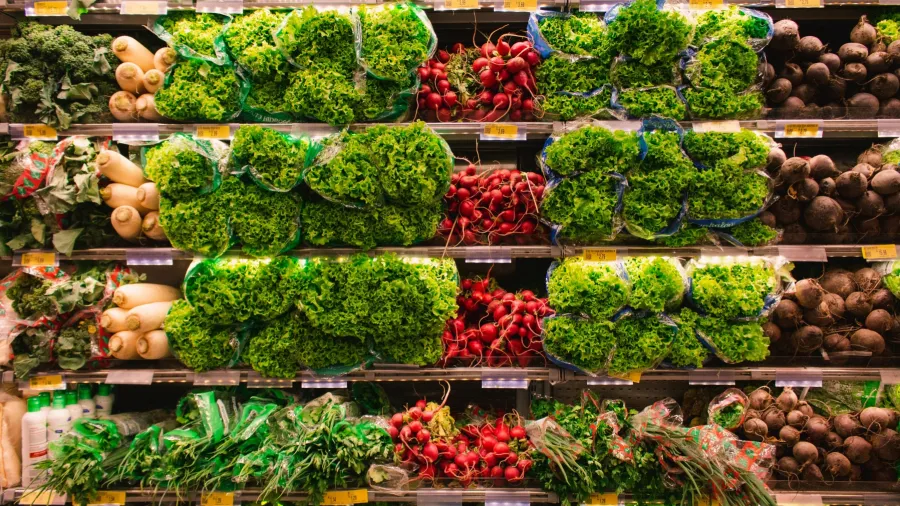
Six strategies that will keep FMCG firms afloat amidst turbulent times
Businesses should transform their portfolio and adopt “purposeful societal impact.”
Fast-moving consumer goods (FMCG) companies are facing headwinds as their traditional business models were overtaken by new technologies which resulted in the rise of new competition and damaging their value creation.
Here are six “interlocking, self-reinforcing, and essential actions” businesses in the sector, culled from the best practices of leading companies in the FMCG industry, that they could employ to ensure their growth, according to Boston Consulting Group:
ALSO READ: China’s FMCG sector sees ‘soft recovery’: report
- Become an always-on portfolio manager - Companies should transform their brand portfolio toward “more attractive spaces and reinvest in their leading brand positions” as consumer behaviour is ever-evolving. Now consumers prioritise personal valuers, trading up and down within categories, and seeking convenience.
- Drive consumer-centric innovation and engagement - Changing consumer behaviour entails the need for companies to understand their purchase decisions. To succeed, companies must leverage science-driven strategies and omnichannel execution.
- Execute dynamic, deaveraged pricing - Increasing prices should take into account dynamic, near-real-time pricing; automated pack recommendations based on market sensing; automated store-level assortment recommendations; and optimization of trade spending to improve a company’s earnings.
- Activate next-generation tech and analytics - Digital and artificial intelligence (AI) enabled tools not only reduce costs, and improve decision-making and connecting with consumers but also allow companies to generate product ideation and design, personalised marketing and conversational shopping.
- Fuel growth through productivity and cost discipline - Leading companies in the sector created flexible supply chains to respond to economic and geopolitical uncertainties. Transforming the end-to-end supply chain, including design, procurement, lean manufacturing, distribution, planning, and network optimisation, can result in a 10% to 25% reduction in supply chain costs. It will also streamline operations and improve data-driven and efficient decision-making.
- Deliver purposeful societal impact - FMCG firms could build loyalty with employees, consumers and stakeholders if they create meaningful purpose and integrate sustainability and other objectives into their operations as climate change and social issues guide purchase decisions.

















 Advertise
Advertise


